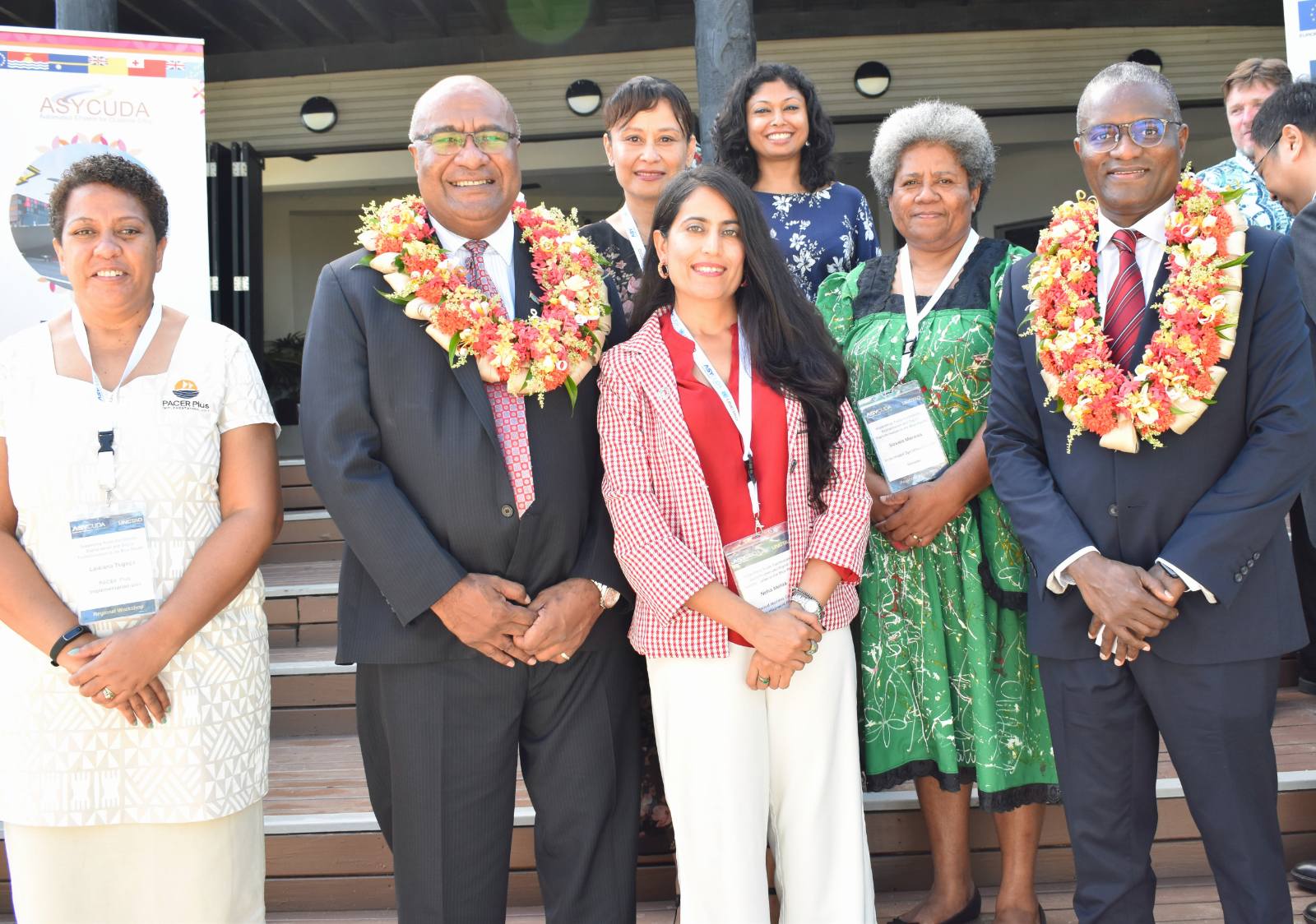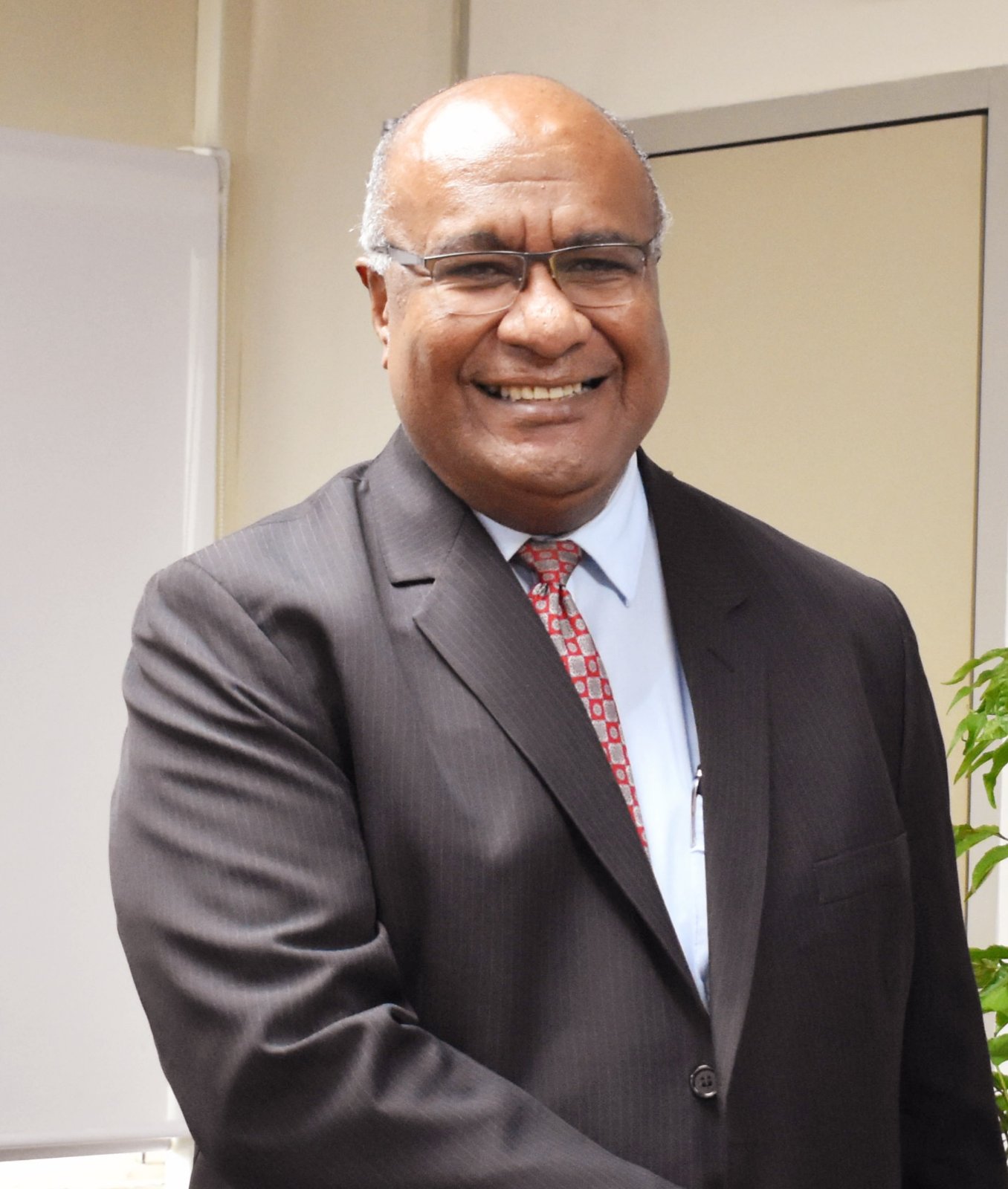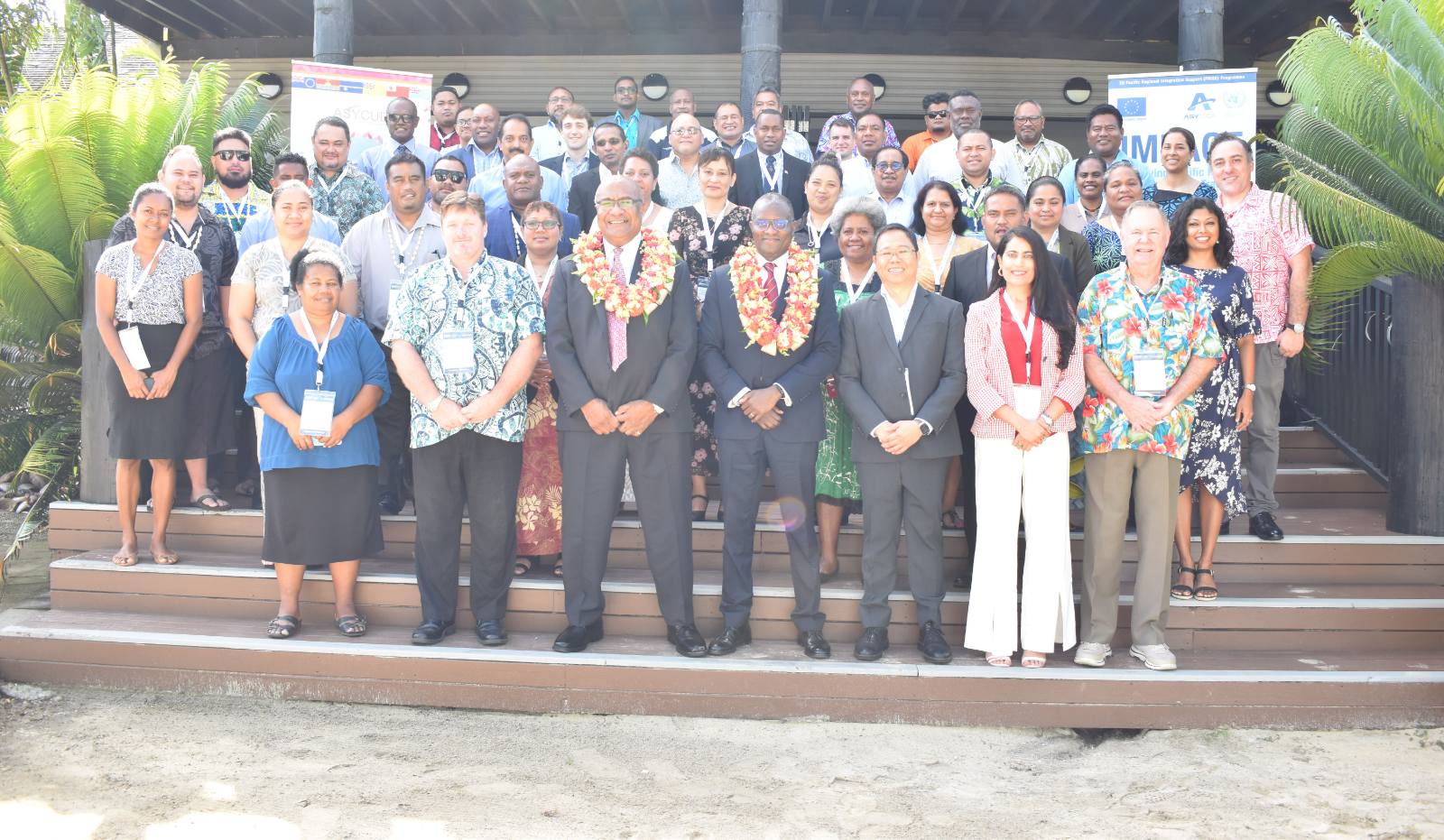Bula Vinaka and good morning to you all.
Deputy Secretary General of UNCTAD, Mr Pedro Manuel Moreno,
Acting UN Resident Coordinator for Fiji, Solomon Islands, Tonga, Tuvalu, and Vanuatu, Mr Alpha Bah,
Customs and Trade Facilitation Experts,
Ladies and Gentlemen,
I would like to begin by welcoming you all to Fiji.
The theme of this workshop is of paramount importance to all Pacific Island countries. We all recognise that trade is a powerful engine for growth and development, and that it has the potential to drive poverty reduction and raise living standards across the region.
However, we also acknowledge that we in the Pacific face a unique set of challenges, including our remote location, limited infrastructure, and small domestic markets. These challenges have made it difficult for us to take full advantage of the opportunities presented by trade.
That is why we have made trade facilitation a top priority in Fiji’s development agenda. We recognise that by streamlining our trade processes and reducing the time and cost of doing business, we can make Fiji a more attractive destination for trade and investment, and ensure that Fiji remains a competitive player in the global market.
In this regard, Fiji has undertaken a number of reforms to enhance our trade facilitation capabilities. For instance, we have established an Authorised Economic Operator (AEO) programme in order to improve the security of international supply chains while at the same time facilitating legitimate trade. Through this programme, we have been able to provide a range of benefits to our trusted traders, including expedited clearance times and reduced inspections.
Another area of focus for us has been in building the capacity of our border agencies in risk management. We understand that to effectively manage our borders, we need to be able to identify and mitigate potential risks. To this end, we have provided extensive training to our border agency staff to enable them to better identify and manage risks. This has helped to improve our overall risk management capabilities, which has in turn led to more efficient and effective border management. We are now working with our technical partners to develop an overall Risk Management Framework, which will include using a regional approach to managing risk.
Ladies and Gentlemen,
Fiji’s advanced ruling regime is another component of our broader efforts to enhance our trade facilitation capabilities. Under our advanced ruling regime, businesses will be able to request advance rulings from our customs authorities on the classification, origin, and value of goods that they intend to import or export. These rulings will provide businesses with greater certainty and predictability in their trade transactions, enabling them to plan their operations more effectively and avoid potential delays and costs associated with customs clearance.
Ladies and Gentlemen,
We are also exploring ways to leverage digital technology to enhance our trade facilitation capabilities. For instance, just last week we launched Fiji’s Electronic Phytosanitary Enhanced Services, or better known as ePhyto services. This new system will provide a modern and efficient way to manage and verify phytosanitary certificates for plant products, replacing the traditional paper-based system. One of the primary benefits of ePhytos is that they can significantly reduce the time and cost associated with paper-based systems for traders and border agencies.
Ladies and Gentlemen,
We recognise that we cannot achieve our goals alone. We need the support and expertise of technical experts and partners such as UNCTAD, to help us build the capacity and knowledge required to undertake trade facilitation reforms.
A key area where UNCTAD is providing technical assistance to Fiji is towards the development of Fiji’s Single Window Blueprint. The Single Window will streamline the exchange of information between government agencies and traders, enabling them to submit and receive information through a single electronic platform. This will reduce the time and cost of trade transactions and improved the efficiency of our border management processes.
In addition to the single window system, we are also working on the implementation of a trade information portal. The portal will provide a one-stop-shop for all trade-related information and will be an essential tool in promoting transparency and reducing the complexity of trade procedures. We are pleased to note that UNCTAD has also committed to support us in this endeavour also.
Ladies and Gentlemen,
There are several areas where we can learn from one another. This Workshop provides you the opportunity to share your experiences and best practices The experiences shared during this workshop will be invaluable in driving trade reform in the Pacific region.
As we move forward, we need to be aware that the challenges we face are complex and multifaceted. The world is changing rapidly, and we must be nimble and adaptable to keep pace. We must embrace digital transformation and digitalization to unlock new opportunities for growth and prosperity.
I would like to express my gratitude to UNCTAD for organising this workshop and sharing your expertise that will be instrumental in driving trade facilitation reforms and economic growth in the wider Pacific region.
Finally, I would like to express my hope that the partnerships forged during this workshop will continue to grow and flourish. I look forward to continuing our work together in the months and years ahead.
Vinaka Vakalevu. Thank you very much.




